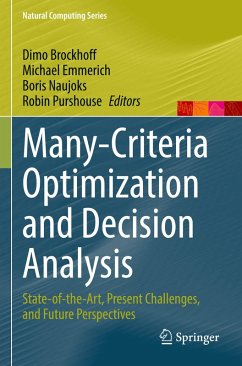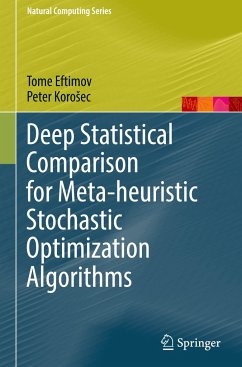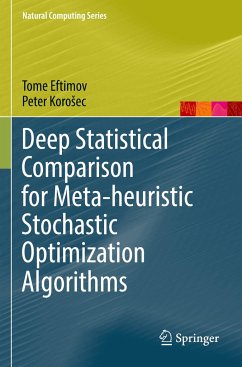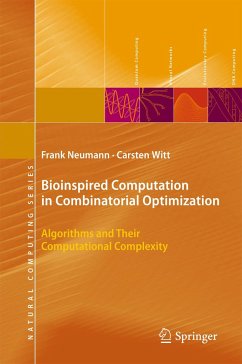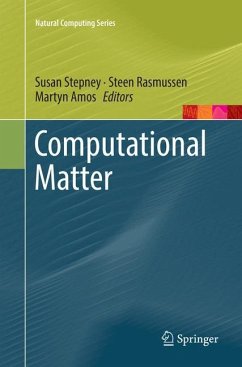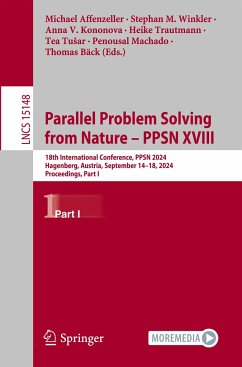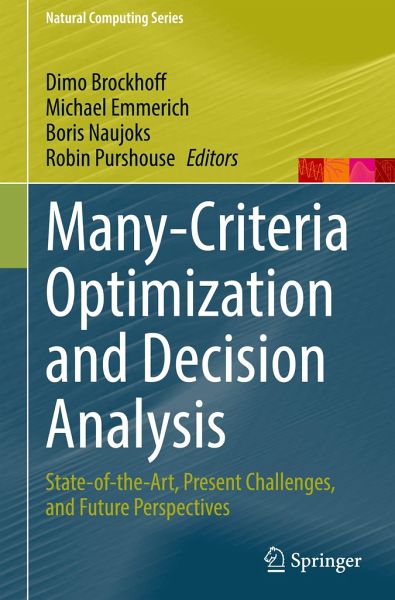
Many-Criteria Optimization and Decision Analysis
State-of-the-Art, Present Challenges, and Future Perspectives
Herausgegeben: Brockhoff, Dimo; Emmerich, Michael; Naujoks, Boris; Purshouse, Robin

PAYBACK Punkte
62 °P sammeln!
This book presents the state-of-the-art, current challenges, and future perspectives for the field of many-criteria optimization and decision analysis. The field recognizes that real-life problems often involve trying to balance a multiplicity of considerations simultaneously - such as performance, cost, risk, sustainability, and quality. The field develops theory, methods and tools that can support decision makers in finding appropriate solutions when faced with many (typically more than three) such criteria at the same time.The book consists of two parts: key research topics, and emerging to...
This book presents the state-of-the-art, current challenges, and future perspectives for the field of many-criteria optimization and decision analysis. The field recognizes that real-life problems often involve trying to balance a multiplicity of considerations simultaneously - such as performance, cost, risk, sustainability, and quality. The field develops theory, methods and tools that can support decision makers in finding appropriate solutions when faced with many (typically more than three) such criteria at the same time.
The book consists of two parts: key research topics, and emerging topics. Part I begins with a general introduction to many-criteria optimization, perspectives from research leaders in real-world problems, and a contemporary survey of the attributes of problems of this kind. This part continues with chapters on fundamental aspects of many-criteria optimization, namely on order relations, quality measures, benchmarking, visualization, and theoretical considerations. Part II offers more specialized chapters on correlated objectives, heterogeneous objectives, Bayesian optimization, and game theory.
Written by leading experts across the field of many-criteria optimization, this book will be an essential resource for researchers in the fields of evolutionary computing, operations research, multiobjective optimization, and decision science.
The book consists of two parts: key research topics, and emerging topics. Part I begins with a general introduction to many-criteria optimization, perspectives from research leaders in real-world problems, and a contemporary survey of the attributes of problems of this kind. This part continues with chapters on fundamental aspects of many-criteria optimization, namely on order relations, quality measures, benchmarking, visualization, and theoretical considerations. Part II offers more specialized chapters on correlated objectives, heterogeneous objectives, Bayesian optimization, and game theory.
Written by leading experts across the field of many-criteria optimization, this book will be an essential resource for researchers in the fields of evolutionary computing, operations research, multiobjective optimization, and decision science.





